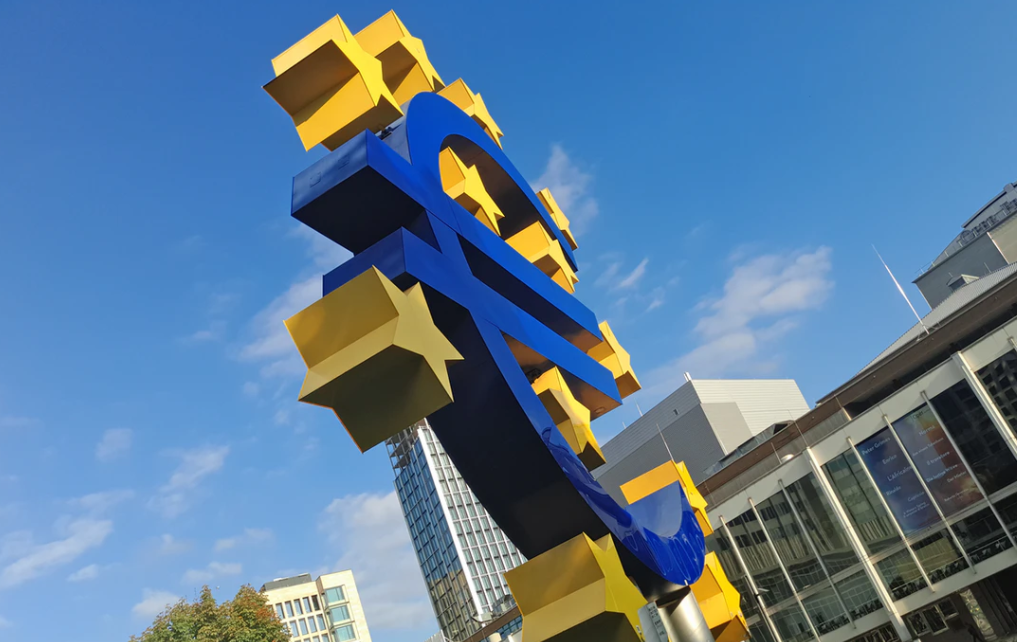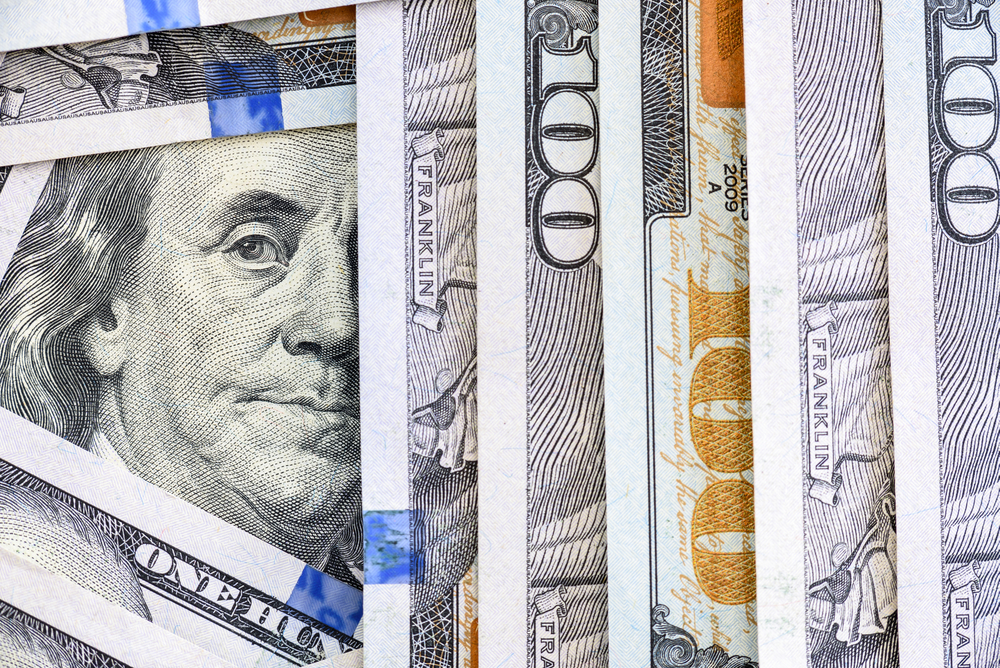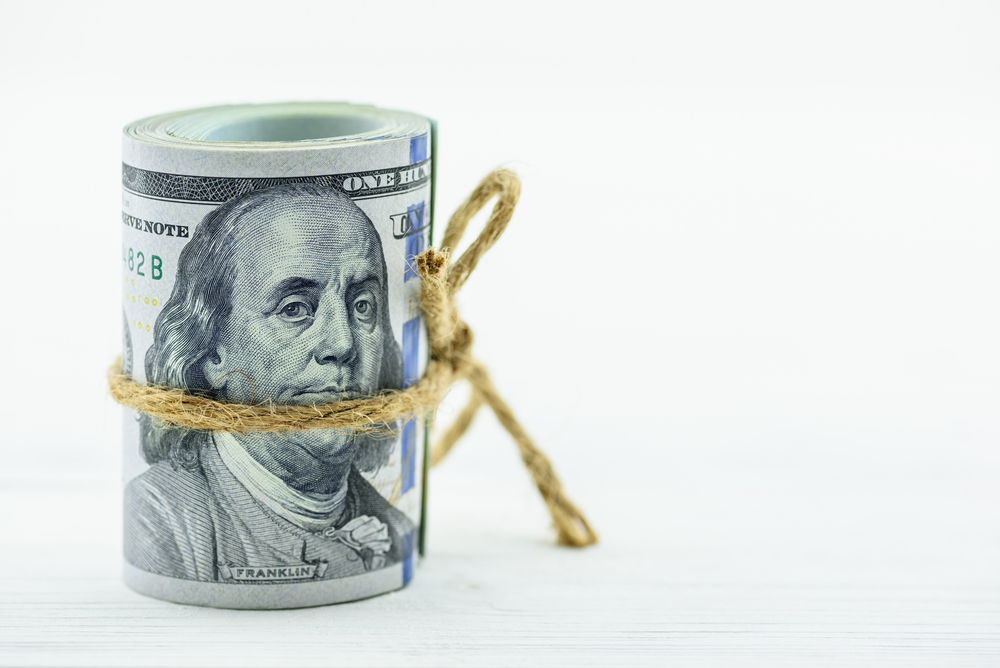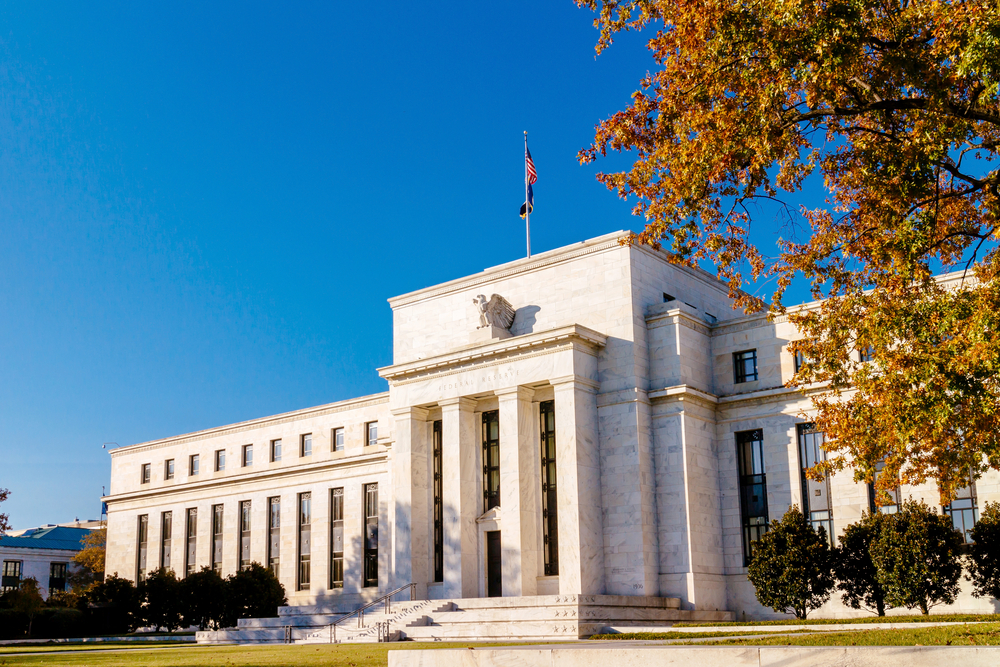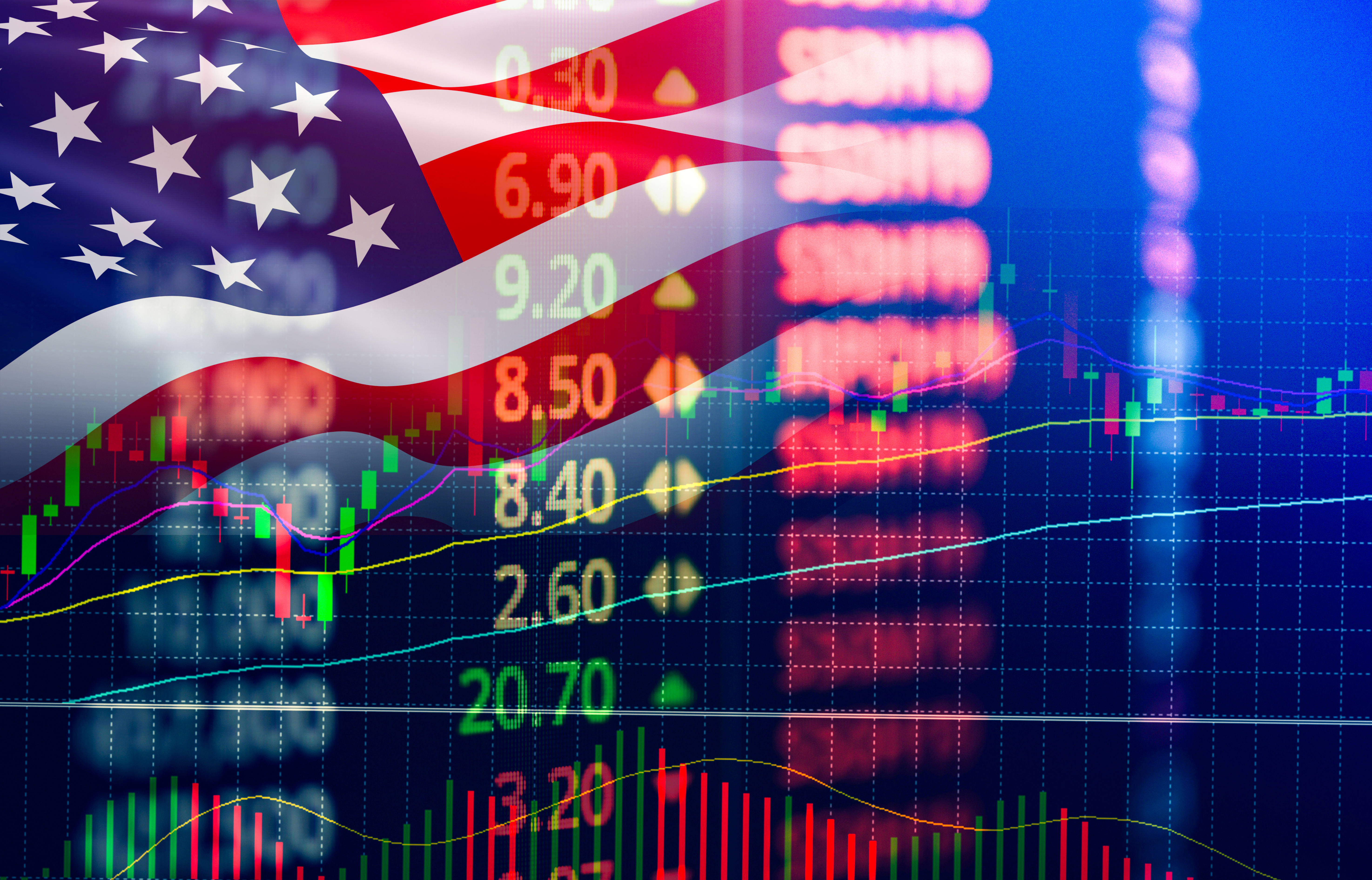Markets are focused on the ECB meeting
As new variants have been identified in the last quarter of 2020, Eurozone countries have started to expand their struggle against the Covid-19. Due to strong restrictions, Gross Domestic Product have been declined in Q1 2021. Expecting this contraction in the Eurozone, members of the European Central Bank (ECB) decided to increase the pace of asset purchases at Monetary Policy Committee meeting in March. In April meeting, MPC members stated that they expect a recovery in the second quarter of the year. And market participants will closely follow the Committee members' decision on asset purchases as a result of the meeting, which will be held tomorrow at 13:45 (GMT+2).
In April meeting;
The ECB did not change interest rates in line with market expectations and reiterated that the current policy would continue until the 2 percent average inflation target was reached.
It was stated that the Pandemic Emergency Asset Purchase Program (PEPP) will continue with 1.850 billion euros until March 2022, under the current policy until the effects of the pandemic ends, while monthly net asset purchases will continue over 20 billion euros. In addition, it was highlighted that asset purchases within the scope of PEPP will continue at a faster level compared to the beginning.
Another important part of the last month's meeting was comments on interest rates. According to the text, net asset purchases will be terminated shortly before interest rates are raised.
ECB President Christian Lagarde, who met with the press after the ECB's meeting, predicted that the Eurozone economy would shrink in the first quarter of 2021, noting that with the support provided, they could recover in the second quarter. In addition, Lagarde noted that there is uncertainty over the economy and they can use all the instruments of the Committee if necessary. Finally, Lagarde added that they had not discussed leaving the asset purchase programs within the ECB.
In conjunction with the World Health Organization's (WHO) announcement Covid-10 as a pandemic, the European Central Bank (ECB) have been implementing ultra-loose monetary policy in order to minimize the effects of the epidemic on the economy. PEPPs, which covered 1.850 billion euros, provided additional support for the economy, while pulling interest rates to zero. In addition to these developments, rising international commodity, food and oil prices have caused global inflation concerns, while ECB members have argued that they will adhere to the 2 percent average inflation target and that these rising inflation rates will be temporary. It is also worth recalling that the Consumer Price Index (CPI), which ECB members describe as a temporary increase, rose by 2 percent in May year-over-year based on the preliminary data.
On the other hand, in the face of the acceleration of the vaccination campaign and the decline of daily coronavirus cases, some of the leading Eurozone countries are lifting their measures against the outbreak, while others are preparing to ease the measures. Expressing that the vaccination process will reflect positively on the Eurozone economy, the statements of the ECB members regarding the continuation of the loose monetary policy will be sought at the meeting to be held tomorrow. However, at the Monetary Policy Board meeting, while markets focus on the ECB's messages on the quantity and speed of asset purchases, euro assets may appreciate if a message is given that the pace of asset purchases may be slowed.

